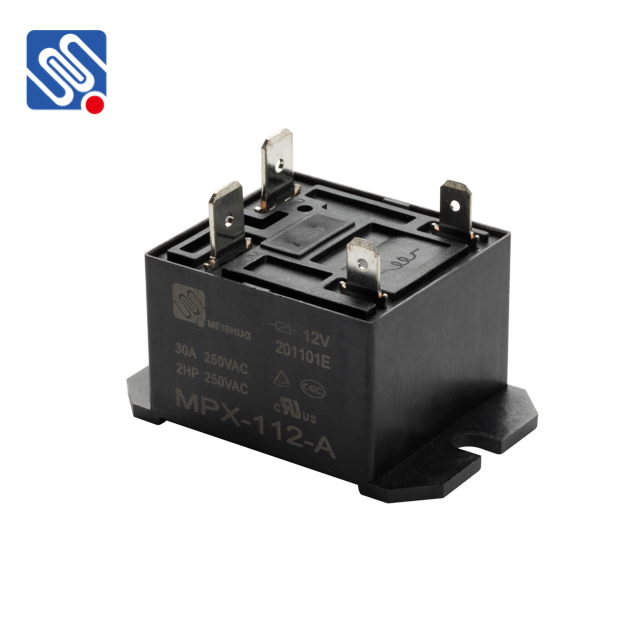
Relays play an essential role in modern electrical systems, providing a crucial function in control, automation, and protection. These small yet powerful devices control the flow of electrical power by opening and closing circuits in response to signals. The reliability and safety of relays are paramount, especially in applications involving high voltage and current. To ensure these standards, relay industry regulations and guidelines have been established. These standards govern not only the performance of relays but also their safety, environmental impact, and compliance with technological advancements. This article explores the significance of relay industry standards and highlights the key guidelines that manufacturers and users must follow.
